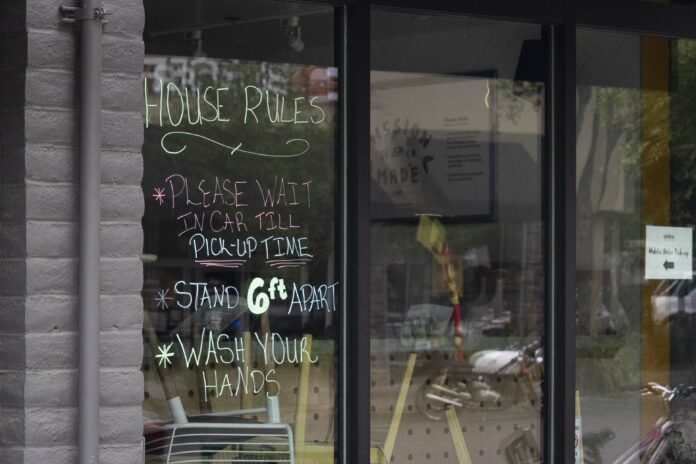Study on effects of past pandemics provides insight into post-COVID-19 economy
The novel coronavirus pandemic is affecting nearly every aspect of life in the U.S., shutting down businesses and forcing people throughout the country to shelter in their homes. Many hope for an end in sight to the disruptions caused by the pandemic, especially for the economy, but a study conducted by UC Davis economists Òscar Jordà, Sanjay Singh and Alan M. Taylor indicates long-term changes.
Through analyzing the long-term effects of 12 pandemics, starting in the 14th Century, the study sought to understand the commonalities across the economic impacts of these pandemics. The data, collected by economic historians, measured the economic performance of cities, regions and countries.
“We found recently available data sets that go back to the 14th Century just before the Black Plague and they stretch up to now,” Singh said. “We were able to use those data sets that have a lot of information and contain information on returns of investments.”
Noticing a lack of research focused on multiple pandemics and their long-term effects, the researchers felt that a long-term analysis would be beneficial to better understand the economic impact of pandemics.
“A lot of work has looked at a single pandemic, and they have investigated how people have reacted and how policy has changed for a single pandemic, but are at most up to five years after the pandemic,” Singh said.
Given the current pandemic, this research helps predict what can be expected for the economy in the decades following the coronavirus.
One of the key findings was the change in the real rate of return, or the annual percentage of profit earned on investments, adjusted for inflation. Their study discovered that the real rate of return fell during pandemics and continued to fall until it reached its lowest point after 20 years. Four decades after each pandemic, the real rate of return went back to its natural rate.
The observed drop in the real rate of return is linked to changes in consumer behavior after a pandemic.
“Due to loss of savings, people will want to increase their savings and will want to be more risk-averse,” Singh said. “That would mean there is excess saving in the economy relative to people demanding them, which causes the returns to fall.”
This finding gives important insight into the role of the government during pandemics. Due to the decrease in real rate of return, there is fiscal space, which the World Health Organization defines as “the budgetary room that allows a government to provide resources for public purposes without undermining fiscal sustainability.”
“An implication of our study is that the government has this extra fiscal space,” Singh said. “So if the government borrows a lot right now to tackle this pandemic, and our analysis shows that pandemics result in a decline in interest rate, the government will not have to pay as high interest rates.”
This is a key lesson that can guide the government’s actions to fight the pandemic. An increase in government spending will not hurt the economy due to the predicted decrease in real rate of returns.
Additionally, without government spending, the coronavirus could result in even more economic damage. It will be necessary for the government to provide support to deal with this emergency, according to Economics Professor Alan M. Taylor.
“While people cannot work due to lockdowns, the government is trying to keep businesses and households from collapsing in the short run, since a cascade of bankruptcies could be very economically damaging, as many viable firms could be destroyed without replacement,” Taylor said via email.
Economics Professor Chrisptoher Meissner agrees, saying he believes governments actively working to control the coronavirus will end up helping the economy after the pandemic.
“The policy we take in terms of protecting the population is not going to harm the economy in the long run,” Meissner said. “Places that take more action now to save public health may even do better to come out of this all.”
Written by: Alma Meckler-Pacheco — science@theaggie.org




